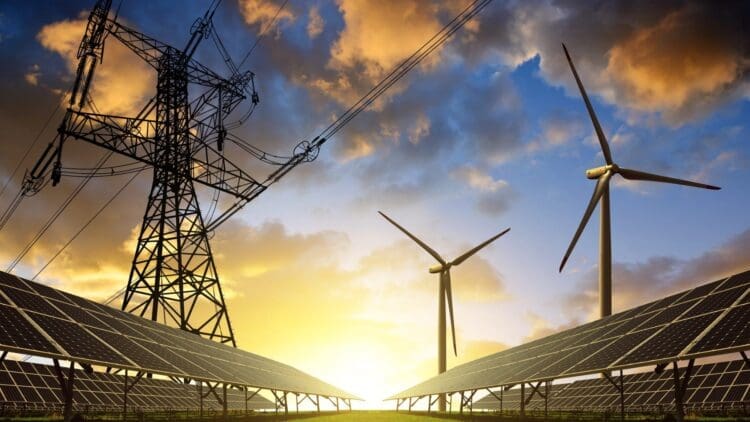India’s essential electrolyzer PLI winners have requested an extension to the planned 2027 commissioning of their projects. The Production Linked Incentive (PLI) scheme for electrolyser manufacturing aims to foster local manufacturing of electrolyzers that can enable India to establish an entirely local supply chain. However, the companies that were winners during the scheme have approached the government to outline a potential delay to their planned projects, which could have an adverse effect on the Indian energy sector.
India has set ambitious green hydrogen targets that depend heavily on timely electrolyser manufacturing
India, along with nearly every other nation, has set ambitious goals in the green hydrogen sector as it aims to develop an ecosystem that fosters local manufacturing while keeping in mind the needs of the public. India has an exceedingly large population, and as such requires vast amounts of electricity to meet the energy demands of the nation.
Some industry insiders have pointed out the driving forces that the deferment consists of, including:
- Supply chain constraints
- Technology readiness issues
- Need for larger investment commitments
- Challenges in scaling up operations
Taking those issues into account, one can understand the companies involved in the PLI scheme’s cautious approach to committing to uncertain timelines for commissioning. India has ambitions to become a global leader in the green hydrogen sector. Which is almost entirely reliant on the electrolyzer manufacturing taking place around the world.
Despite the setback, the PLI scheme represents the ambitions that India has for the green hydrogen sector
The winners of the PLI scheme have made their requests to extend the planned commissioning of their electrolyzer projects known to the Indian government. And while the deferment is a concern, industry experts have stated that the PLI scheme still represents the lofty ambitions that India has set for itself.
And if the government can ease its stance on the matter, the scheme will continue to play a crucial role as India attempts to become a global leader in the green hydrogen sector. Speaking on the importance of the hydrogen sector, India’s Prime Minister, Shri Narendra Modi, underscored the importance of global cooperation in the sector, which could only benefit all involved.
“In such a crucial sector, it is important for domain experts to lead the way and work together. Can we improve the efficiency of electrolysers and other components in Green Hydrogen production? Can we explore the use of seawater and municipal wastewater for production? Exploring such topics together will greatly help the green energy transition across the world. Let us work together to accelerate the development and deployment of Green Hydrogen,” – India’s Prime Minister, Shri Narendra Modi
The hydrogen sector as a whole has seen significant support from an array of nations, underpinned by the news of 40 new members being added to the H2Med alliance in Europe. So despite the challenges faced by several nations in the hydrogen sector, one can expect significant growth in the coming years.
Hydrogen still has the potential to become the energy resource for the future
The world has become acutely aware of the need to transition away from fossil fuels in favor of a more environmentally friendly form of energy generation that does not affect the climate or cause massive environmental disasters. The International Energy Agency has noted a significant rise in the outlook for the sector, being championed by nations like China, which recently brought a 500MW project online. How will the delay of India’s hydrogen projects affect the nation’s plans to become a global leader in the sector? Time will tell as the government considers its reaction to the request from the nation’s electrolyzer manufacturers.





